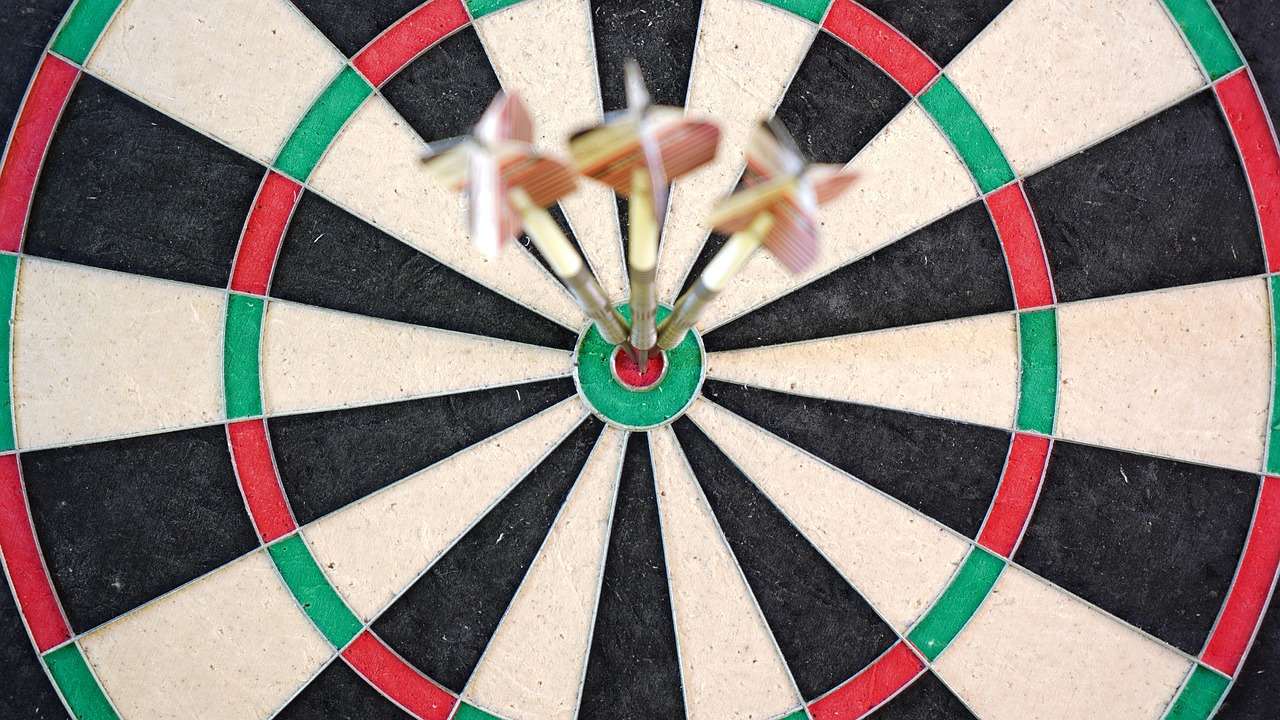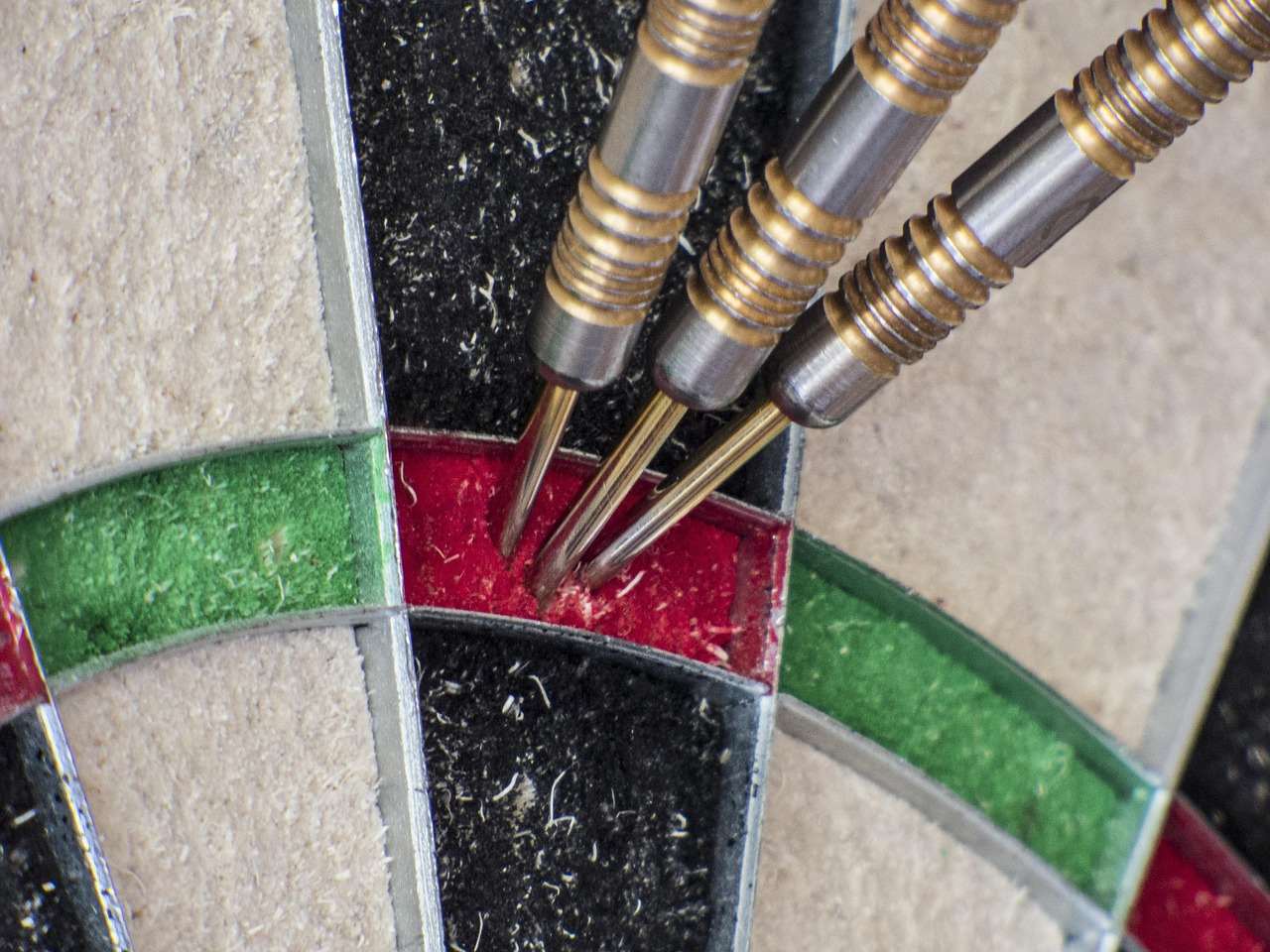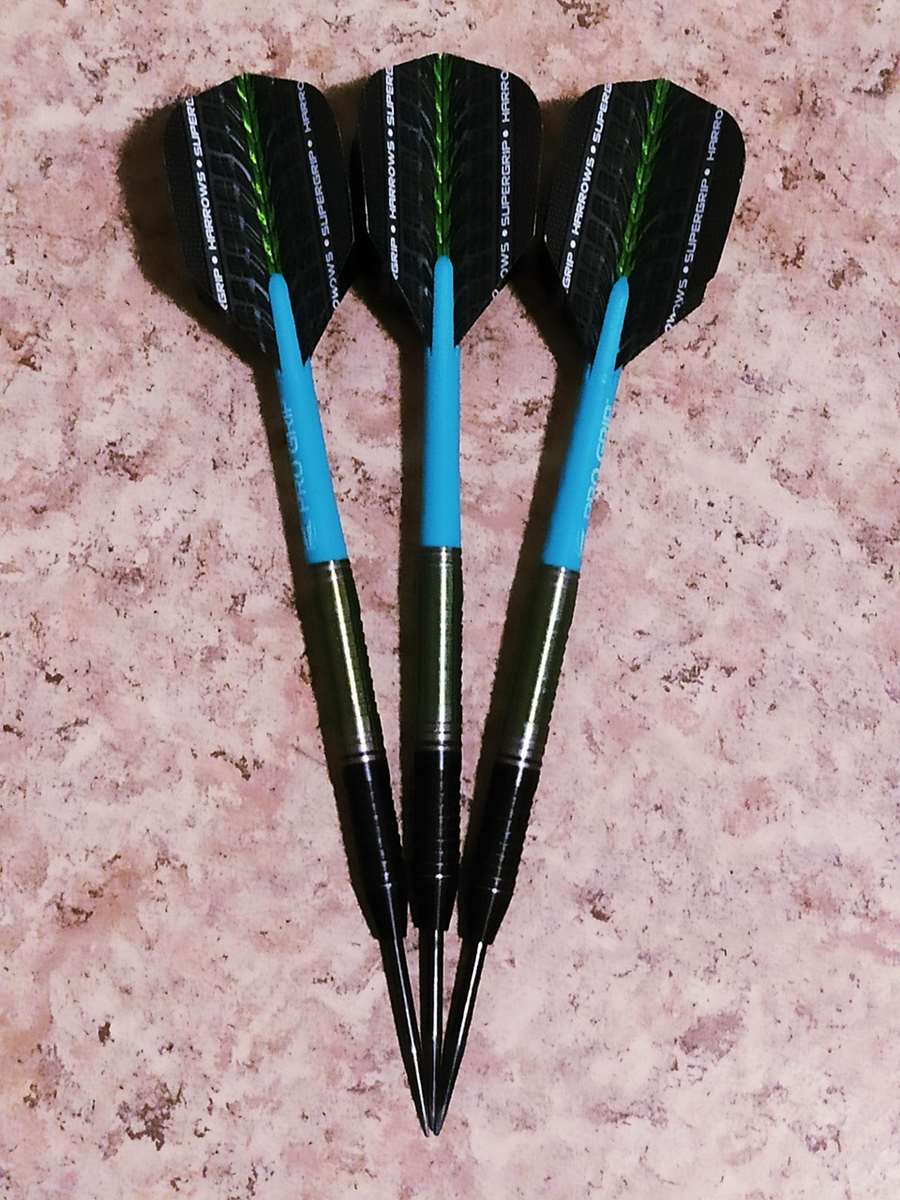Proper hydration for long matches is crucial for peak performance. This article will cover the essentials of hydration strategies, helping you maintain energy and focus throughout extended gameplay, and explore practical tips for optimal hydration before, during, and after your matches.
⚠️ Still Using Pen & Paper (or a Chalkboard)?! ⚠️
Step into the future! The Dart Counter App handles all the scoring, suggests checkouts, and tracks your stats automatically. It's easier than you think!
Try the Smart Dart Counter App FREE!Ready for an upgrade? Click above!
The importance of hydration for long matches cannot be overstated. Dehydration, even mild, can significantly impact your performance, leading to fatigue, decreased concentration, and increased risk of injury. Understanding how to properly hydrate is key to winning those crucial games and staying competitive.
Hydration Strategies for Peak Performance
Developing a comprehensive hydration plan is essential for success in long matches. This isn’t just about drinking water; it’s about a strategic approach to fluid intake that considers your individual needs and the demands of the match. Hydration for long matches should be considered as meticulously as your practice routine.
First, consider your individual sweat rate. Some individuals sweat more profusely than others. To determine yours, weigh yourself before and after a practice session. The difference in weight, accounting for any fluid intake, represents fluid lost through sweat. You’ll want to replace this lost fluid, and perhaps more if the match is under particularly strenuous conditions. Understanding this will help tailor your hydration strategy to your specific needs. Remember, this is a personalized approach—what works for one player might not work for another.

Many athletes utilize the “rule of thumb” that one should drink 16-20 ounces of water two hours before exercising. While this is a good starting point, it’s crucial to adjust this amount based on personal sweat rate, environmental conditions (temperature and humidity), and intensity of the match. In hotter, more humid conditions, more water will likely be needed, and if the match is highly intense, you’ll need to replenish fluid more frequently.
Pre-Match Hydration
The foundation of effective hydration for long matches lies in pre-match preparation. Start hydrating well in advance, not just hours before the match. Beginning the day before a long match with increased fluid intake sets the stage for optimal performance. This allows your body to become properly hydrated before the physical demands of the game commence. Remember to prioritize water over sugary drinks, which can lead to a crash in energy levels later on.
Avoid caffeinated beverages and alcohol in the hours leading up to a match. Both can act as diuretics, increasing urination and potentially leading to dehydration. Fatigue during tournaments can be exacerbated by poor hydration, hence the importance of a well-considered approach to hydration strategy.
During the Match Hydration
Maintaining hydration *during* the match is equally crucial. Short, regular sips of water or an electrolyte-rich sports drink are far more effective than gulping large amounts at once. Large volumes of water can cause stomach cramps or discomfort, which can hinder performance. Consider using a small hydration pack or bottle that is easy to access between games or sets. This allows for consistent, measured fluid replenishment throughout the entire competition.
The type of beverage you choose also matters. Water is usually sufficient for shorter matches or those in cooler environments. However, for longer, more intense matches, especially in hot conditions, an electrolyte drink is preferable. Electrolytes—such as sodium, potassium, and magnesium—are lost through sweat and are essential for muscle function and overall performance. Replacing these electrolytes helps prevent muscle cramps and maintain energy levels.

Plan your hydration breaks strategically. Utilize the breaks provided in the match schedule to replenish fluids systematically. Don’t wait until you feel thirsty; thirst is a late sign of dehydration. Aim for consistent hydration throughout the match to maintain optimal performance.
Post-Match Hydration
Post-match hydration is as important as pre- and intra-match hydration. After a long match, your body needs replenishment of fluids and electrolytes lost through sweat. Continue drinking water throughout the post-match period. You can consume an isotonic sports drink, which will replenish electrolytes and carbohydrates for muscle recovery.
The post-match period is also a critical time to assess and adapt your hydration strategy for future matches. Reflect on how effective your plan was and make adjustments accordingly. If you experienced any signs of dehydration (headache, dizziness, muscle cramps), you may need to modify your approach in future competitions.
The Impact of Dehydration on Performance
Dehydration negatively impacts multiple aspects of athletic performance. Even mild dehydration can lead to a noticeable decline in physical and cognitive abilities. It reduces blood volume, limiting the delivery of oxygen and nutrients to your muscles, resulting in decreased endurance and strength. This directly affects your ability to maintain stamina and consistency throughout a long match. For example, fatigue and mental toughness are severely affected by dehydration.
Beyond physical performance, dehydration affects cognitive function. It impairs concentration, focus, and decision-making abilities—all critical elements for success in competitive play. Making accurate throws requires sharp focus, and dehydration can significantly impair this ability, leading to missed opportunities and reduced scores. Proper hydration for long matches is therefore crucial for maintaining mental acuity.
Dehydration can also lead to an increased risk of heat-related illnesses, such as heat exhaustion or heat stroke. These are serious conditions that can result in hospitalization or even death. Understanding the symptoms of dehydration and heat-related illnesses is essential for ensuring your safety and well-being during long matches.

Signs of dehydration can include: dizziness, headache, muscle cramps, fatigue, decreased urine output, and dark-colored urine. If you experience any of these symptoms, stop playing immediately, find a cool place to rest, and drink plenty of fluids. If symptoms worsen, seek medical attention.
Hydration and Other Aspects of Game Preparation
Optimal hydration for long matches is just one piece of the puzzle in preparing for competition. It complements other critical aspects of pre-game preparation. For example, a solid physical preparation for darts tournaments strategy is essential. This includes regular training, strength conditioning, and proper rest. Likewise, mental preparation, including techniques for stress management and focus enhancement, plays a vital role.
Consider incorporating mindfulness exercises into your pre-match routine. These techniques can aid in focus and stress reduction, enhancing your ability to handle pressure during the match. Similarly, proper nutrition contributes to overall performance and should be closely integrated with your hydration plan. A balanced diet provides your body with the energy and nutrients it requires for extended periods of physical activity.
Remember that rest and sleep are also crucial factors. Adequate sleep helps your body repair and restore itself, allowing for optimal performance during competition. Make sure you are getting sufficient sleep in the days leading up to your match to ensure you are physically and mentally ready to perform at your best. A well-rounded approach encompassing training, nutrition, rest, and hydration is key to success.
Finally, consider your pre-game routine. Develop a consistent routine that includes all aspects of preparation, including hydration. This consistency helps create a sense of calm and control, which is particularly beneficial in high-pressure competitive situations. Improved focus stems from consistent, mindful practice and preparation.

Incorporating a well-structured warm-up routine is also critical. This prepares your muscles for physical activity, reducing the risk of injury. This also aids in improving blood flow, which will help in maintaining hydration as well.
Beyond Water: Electrolytes and Other Considerations
While water is the foundation of proper hydration, other elements can enhance your hydration strategy. Electrolytes are essential minerals lost through sweat. Replenishing them is crucial for preventing muscle cramps and maintaining energy levels during long matches. Electrolyte drinks can help replace these lost minerals, but it’s important to choose wisely, opting for drinks that aren’t overloaded with sugar.
Furthermore, consider the timing and type of hydration you use. Drinking too much fluid too close to a match can lead to bloating and discomfort, so a balanced intake throughout the day is better than sporadic large intakes. Different sports drinks offer varying levels of electrolytes and carbohydrates; the best choice will depend on the intensity and duration of your match. Knowing fatigue in dart players helps you understand what hydration strategy is best.
Some athletes incorporate the use of hydration powders or tablets into their water intake. These can provide additional electrolytes or other nutrients that aid in performance and recovery. However, it’s crucial to choose reputable brands and consult with a healthcare professional before incorporating these supplements into your routine, as they are not regulated in the same manner as other health products.

Finally, remember that individual needs vary. Experimentation and careful observation of your body’s responses are vital for developing a personalized hydration strategy. Listen to your body, and if you have any concerns, consult a sports nutritionist or healthcare professional. They can help you create a hydration plan tailored to your specific needs and goals. Darts Fitness Health is a crucial aspect of overall wellbeing and performance.
Conclusion
Effective hydration for long matches is paramount for optimal performance, and it’s more than just drinking water. It’s a strategic approach that involves pre-match preparation, careful hydration during the match, and post-match replenishment. Remember to consider your individual sweat rate, choose appropriate beverages, and pay attention to your body’s signals. By integrating these strategies into your training and competition routine, you can significantly enhance your performance and enjoy your long matches to the fullest. Take the time to develop a personalized hydration plan and watch your game improve!
Take control of your performance and start optimizing your hydration strategy today. Remember, consistent hydration is key to winning long matches! Breaks during dart matches are a great opportunity to rehydrate. Learn more about improving your focus here.
Hi, I’m Dieter, and I created Dartcounter (Dartcounterapp.com). My motivation wasn’t being a darts expert – quite the opposite! When I first started playing, I loved the game but found keeping accurate scores and tracking stats difficult and distracting.
I figured I couldn’t be the only one struggling with this. So, I decided to build a solution: an easy-to-use application that everyone, no matter their experience level, could use to manage scoring effortlessly.
My goal for Dartcounter was simple: let the app handle the numbers – the scoring, the averages, the stats, even checkout suggestions – so players could focus purely on their throw and enjoying the game. It began as a way to solve my own beginner’s problem, and I’m thrilled it has grown into a helpful tool for the wider darts community.